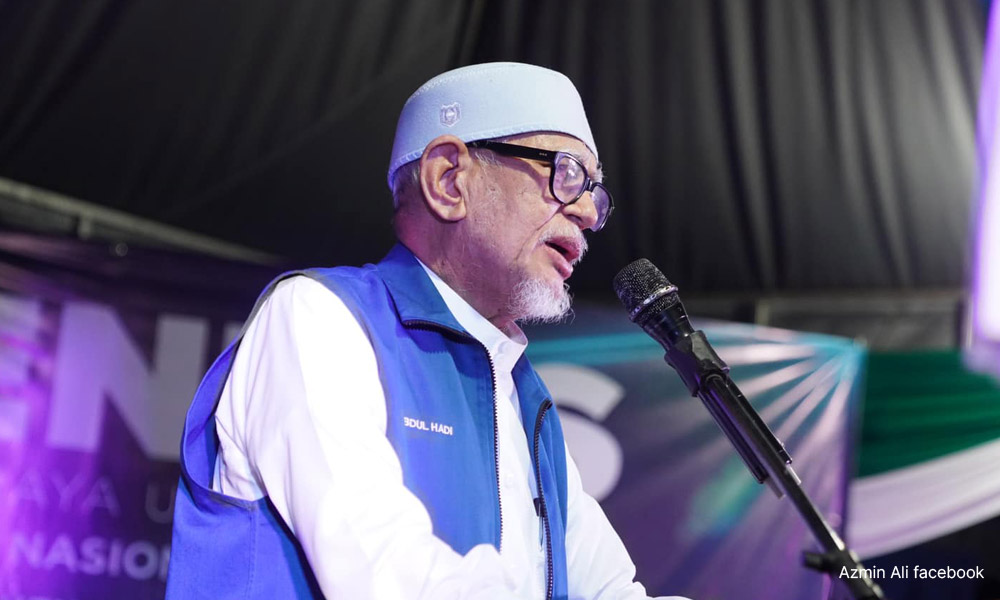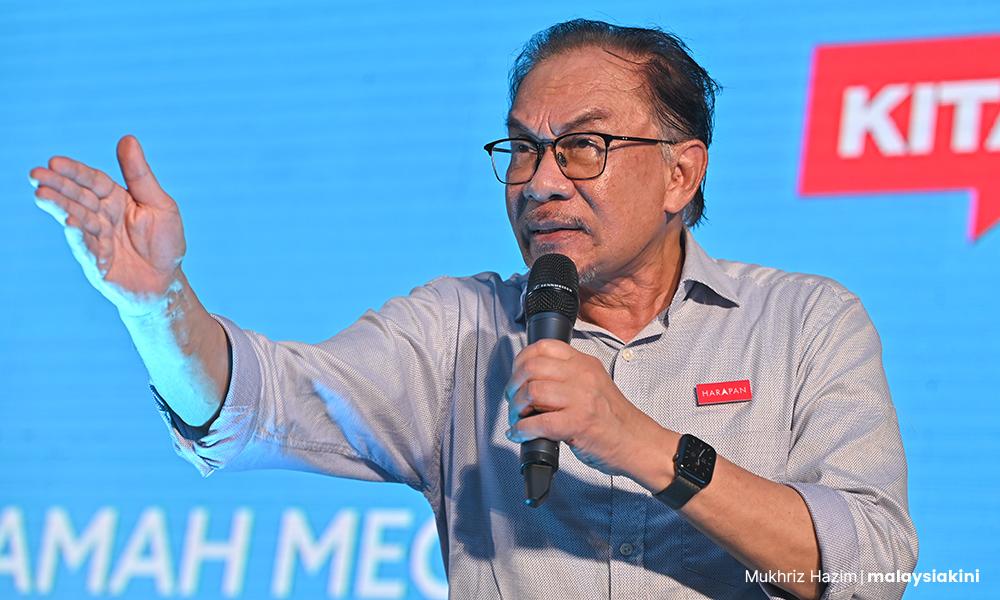As Malaysians head to the voting booth this weekend, here’s a quote from the Black Panther to sustain the high hopes for a change in government:
“Now, more than ever, the illusions of division threaten our very existence. We all know the truth. More connects us than separates us. But in times of crisis, the wise build bridges, while the foolish build barriers. We must find a way to look after one another as if we are one single tribe.”
Yes, it sounds like a cliché election victory speech. It is telling, nonetheless.
King T’Challa’s wisdom is a Wakandan message to all those who govern us to do the right thing. It is straightforward. Yet it is often made complex.
The most complicated puzzles in life often need the simplest solutions. Sort of an Occam’s Razor approach to solving complex problems. It’s the principle of economy. This means shaving off unnecessary assumptions for the simplest explanation, and subsequent solution.
For example, what’s holding Malaysia back from becoming what it can be? It is the incompetence of the people in government, systemic corruption and racial politics.
The stumbling blocks just get bigger with each contest for power. Overcome these stumbling blocks - and we might just recover.
Populist politicians, however, know what makes their base tick. Hence, their recurrent racial spiels to broaden their base.

Who among these incumbents - Abdul Hadi Awang, Ahmad Zahid Hamidi, Muhyiddin Yassin, Ismail Sabri Yaakob, Anwar Ibrahim - demonstrably possess the intellect, economic acumen and political will to jackhammer through the stumbling blocks to become the next prime minister?
The one who stands out is apparent.
Reforming an unjust system
Here, I refer to The Making of Anwar Ibrahim’s “Humane Economy” (2020) by Khoo Boo Teik, professor emeritus at the National Graduate Institute for Policy Studies, Tokyo.
Anwar’s “humane economy”, Khoo writes, is driven by three tasks: “reverse the economic decline, curb elite abuses of power and implement an equitable social policy agenda” that cross all racial barriers.
Khoo concludes that “the Reformasi movement (in 1998) warmed to Anwar’s denunciation of the ‘collusion, corruption and nepotism’ of an ‘opulent and greedy clique’ whom he blamed for causing his fall.”
“With his sensitivity to grassroots sentiment, Anwar envisioned a moral economy that would repay the support of his enlarged mass base.
“His vision complemented efficiency with welfare, growth with redistribution and development with compassion. That was his way of reconciling state and market, too, by stipulating a just administration of the former to tackle the inequities of the latter.”
Anwar’s “humane economy” may be academic. Nonetheless, Khoo concludes that “what mattered was its dissident, anti-elitist and populist critique of corrupt conditions serving as the basis for reforming an unjust system.”
“Like its pre-Harapan predecessors, the present regime baulks at undertaking substantive policy and institutional reforms… with Malaysia facing a more unpredictable future than in 1998, can one foreclose (or rule out) a political scenario where organised opposition revitalises its challenge, with or without Anwar’s leadership, driven by a ‘humane economy’ as its vision?”

Jailed for six years and relegated to political limbo, Anwar might just be the ‘renaissance man’ who would be prime minister – or not. We’ll see.
We will not tolerate another self-serving prime minister who splurges on Malaysian taxpayer money for a total of RM1.1 million at the Trump International Hotel in September 2017, as disclosed recently.
Here’s a timely reminder by the late prime minister of Singapore, Lee Kuan Yew: “To get a good government, you must have good people in charge of the government. I have observed in the last 40 years that even with a poor system of government, but with good strong people in charge, people get a passable government with decent progress.”
“(But) if a people have lost faith completely in their democratic institutions because they cannot find people of calibre to run them, however good that system, it perishes. Ultimately, it is the people who run the system who make it come to life.”
Indeed, the best solution to complex problems is the most basic. Consolidate the people’s power and get rid of a bad government. May your vote count towards a regime change for the better. - Mkini
ERIC LOO is a former journalist and educator in Australia, and a journalism trainer in parts of Asia.
The views expressed here are those of the author/contributor and do not necessarily represent the views of MMKtT.



No comments:
Post a Comment
Note: Only a member of this blog may post a comment.